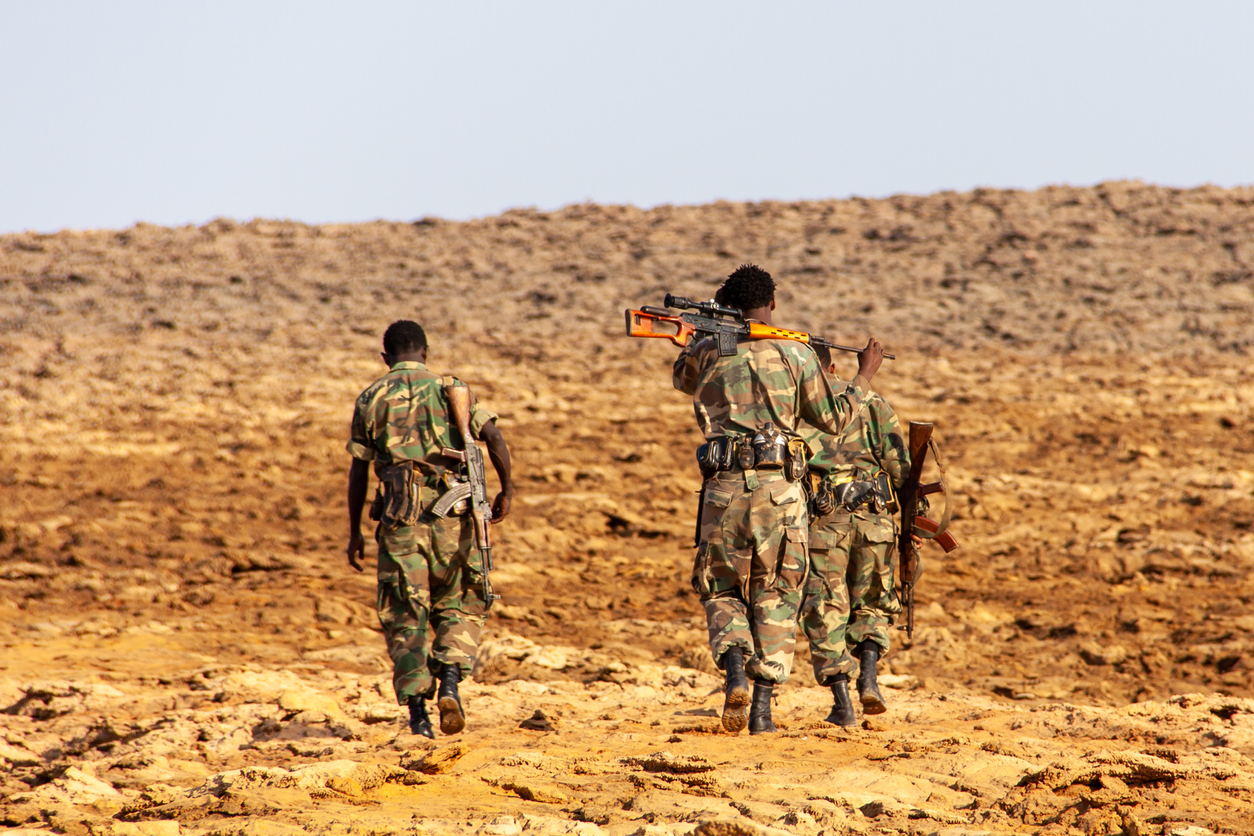
Surprise Ceasefire in Tigray
Tue, 06 Jul 2021 | Reading Time: 7 minutes

Ethiopia conducted its delayed general elections on 21 June, in most of the country. About 20 per cent of the constituencies, including the entire northern state of Tigray did not participate.[i] Tigray is in the midst of a brutal civil war since November 2020, with humanitarian disaster and deprivation, dominating the people’s suffering at the hands of armed militia and soldiers.[ii] This shook the World.[iii]
The election results are yet expected, since some elections are to be held in September.[iv] The conclusion of the main part of the elections saw a sudden ‘Unilateral Humanitarian Ceasefire’ announced by Addis Ababa on 28 June 2021.[v] Ethiopian Defence Forces withdrew from the capital city of Mekelle, and territory of Tigray province.
There were reports that in the preceding weeks, momentum of the control by Ethiopia over Tigray, had been broken and Tigray Defence Forces (TDF) returned and retaliated strongly. They claimed annihilation of several divisions, (probably regiments) of the Ethiopian Defence Forces (EDF), which is yet unconfirmed. The fact is that Ethiopia has essentially withdrawn from Tigray.[vi]
The Amhara armed militias, seem to be quiet, though their control over what they consider traditional Amhara territories within Tigray, does not seem to have been relinquished. The third force, the Eritrean army also seems to be quiet and pro-government sources say that they are also withdrawing. Eritrean forces appear to be holding on to border areas mainly to prevent refugee camps of Eritreans from once again becoming hotbeds of anti-Eritrean activity.[vii] Despite ominous statements from either side that the war could resume if proper conditions were not met, it is likely that peace will hold for a while.
There are three plausible reasons, why Ethiopia decided to end the civil war in Tigray, for now. The first is losses suffered by the EDF in recent weeks. How the TDF acquired new capabilities and motivation is unclear. In the face of sustained activity by the TDF, Addis Ababa does not want the bulk of its military force to be degraded, since that is the basis of its power status in the Horn of Africa. Holding on to Tigray militarily was not cost effective anymore.
Secondly, the elections are to foster a new political process to be put into place in Ethiopia, by PM Abiy. That is the real interest. The Tigray crisis was drawing attention away from the elections and political reforms that Abiy wants to establish in Ethiopia. It was necessary to draw attention back to the reforms.
Thirdly, there was immense pressure on Addis Ababa, to provide humanitarian access in Tigray. After the TDF was put into, the hills since 28 November 2020, there were allegations that rape and starvation were being used as weapons against the general populace. Over 2 million people suffered or were displaced. Ethiopia was in continuous focus of the UN, the US and the EU. The law of diminishing returns had set in. Now the time was to provide the perception of a healing touch.
The Foreign Minister said, “We needed to take into account that the planting season ahead should not be disrupted; missing it will have grave consequences for the livelihoods of farmers in the region.” [viii] Senior pro-government businessmen told the author, the purpose of the ceasefire is to allow unhindered humanitarian access. Also, to dispel the notion that Ethiopia was a hurdle in the process, for which it was taking the brunt of criticism.
Since the TDF is now in charge, humanitarian access is the responsibility of Tigray and its international supporters. The problem is that after withdrawing, Ethiopia has disconnected electricity, telecommunication and all supplies. Some bridges appear to be destroyed. The chances of Tigray recovering quickly and participating in new political arrangements in Ethiopia are therefore not bright. Addis Ababa may just be able to get attention back to its political processes.
This political process also has issues, as besides Tigray, several other constituencies did not participate in the election. Some elections may be held by September. What is more, the largest regional state Oromia, had several of its parties boycotting the election. Now, the Oromo parties front declared its own decision to have a transitional government for three years.[ix] The potency of this is unclear. The rejection of the election is amply clear. The point emphasised is that current Parliament gave Abiy Ahmed, as a representative of Oromia, a chance to restore a sense of Oromo pride and bring Oromos into the political mainstream. This seems to have failed but Abiy and his Prosperity party seek a more unified and unitary political system. This challenge also extends to other parts of Ethiopia. Abiy would like to lead Ethiopia, as a representative of several regions, and not as a limited Oromo leader.
The question is how would Tigray be accommodated in the new political institutions that Abiy intends to create after the elections? The entire issue was that the Tigray People’s Liberation Front (TPLF), did not accept the unitary view and had refused to merge into the Prosperity Party. The resettlement in Tigray will then need to see a negotiated settlement,[x] where Tigrayan ambition may come up against a new political process in Addis. The chances of a separate Tigray, free from Ethiopia will not meet Abiy’s approval nor of the region. The creation of Eritrea and South Sudan have not been encouraging examples and this dissuades recognition of Somaliland, despite a record of good governance.
The sudden announcement of a ceasefire also manifested international pressure. Ethiopia classified the Tigray operation as law enforcement efforts, and an internal matter for which it refused all interlocutors. It sought to bring to heel the leadership of the TPLF and destroy the TDF. Some TPLF leaders including Sebat Nega were arrested and others were captured and executed, including former Foreign Minister Seyoum Mesfin. The younger core leadership seems to be intact.
Unlike some of the hotheads, the TPLF leader Debretsion said that, “Neither the Amhara’s are our enemy, nor the Eritreans are our enemy. What we are saying is let’s live with mutual respect. There are elements in Ethiopia, Amhara and Eritrea who work against (us).”[xi]
It is evident that if the ceasefire is to hold and humanitarian reconstruction to be undertaken, further bloodshed and attacks need to be eschewed by all sides. How long, and with what strength the TDF can hold on to various towns and villages in Tigray is uncertain. Perhaps this is the opportunity for a humanitarian corridor to be established, which will bring relief to the people of Tigray.
The US and the EU through Special Envoys and active diplomacy sought to create humanitarian corridors. Unfortunately, this effort led by the US, and to an extent by the EU becomes a part of the breakdown of inter-ethnic communication in Ethiopia, which has happened over the last year. People suspect aid agencies of being pro Tigray, providing them with more than humanitarian relief.
In fact, allegory is drawn that in 1991 TPLF forces walked into Addis Ababa, as Mengistu fled, and they were largely unchallenged. They were backed by surreptitious arms being provided by those against the pro-Soviet regime. Similar suspicion now is that agencies work to support TPLF, though there is no evidence of it. This hampers effective aid dispersal.
The EU have been using the issue of moral values through its Special Envoy, the Finnish Foreign Minister[xii]. It was the Biden administration which quickly after settling down, sent a special envoy, a new ambassador and surveyed several efforts to curb the excesses and control Ethiopian aggression. [xiii]These efforts have certainly borne fruit. Now, efforts will be made to perhaps open a humanitarian corridor from Sudan, to alleviate the suffering.
There is reasonable certainty that the UAE which operates a base in Assab port, in Eritrea to deal with problems in Yemen, and which has interests in the Somalia situation has played a role in bringing the ceasefire into operation.
This brings us to the regional issue. Ethiopia was trying to reorder the power structure in the Horn of Africa. This led to a closer relationship with the governments in Somalia and Eritrea, dominating the regional community of Intergovernmental Authority on Development (IGAD) through a former Ethiopian Foreign Minister, as the Executive Secretary. In this effort, Somalia was nudging Kenya away, Ethiopia nudging Sudan away, and Djibouti, despite being the entrepôt for Ethiopia, was also feeling isolated.
With South Sudan, counter pressure was sought on Egypt and Sudan in the context of the Grand Ethiopian Renaissance Dam (GERD). With the rainy season now on, Ethiopia wants to continue filling the GERD and not get its troops bogged down in Tigray. The Ethiopian effort is against the dominance of Egypt and Sudan, using the GERD. By making up with Eritrea and Somalia, it wishes to utilise their strength to curb opposition to its regional ambitions. A new matrix in the Horn of Africa can be protected, if EDF is not seriously defeated by TDF, as that would dent this ambition.
This preliminary assessment is that perhaps there was a realisation of cutting losses. Ethiopian Foreign Minister Mekonnen told diplomats on 2 July ‘engaging in a protracted conflict that unnecessarily costs human lives and financial resources becomes a futile exercise that would unnecessarily divert us from our developmental’[xiv] objectives.
By moving out of Tigray, reducing international, regional, and domestic pressure, Ethiopia will get an opportunity to recoup its current political priorities. It also needs to focus on its economy to recover from the pandemic and increasing inflation.[xv] It is time to be more statesmanlike and harmonious, than continue a disruptive focus which can be counterproductive to Ethiopia’s place in the globe.
References
[i] Gurjit Singh: The Importance of Ethiopian Elections, VIF, 29 June 2021, https://www.vifindia.org/article/2021/june/29/the-importance-of-ethiopian-elections
[ii] Gurjit Singh: In Ethiopia, an unnecessary war over federalism, ORF, 19 November 2020, https://www.orfonline.org/expert-speak/in-ethiopia-an-unnecessary-war-over-federalism/
[iii] EU-U.S. Joint statement on the humanitarian emergency in Tigray, European Commission, 10 June 2021, https://ec.europa.eu/echo/news/eu-us-joint-statement-humanitarian-emergency-tigray_en
[iv] Metasebia Teshome, Ethiopia decides, The Capital, https://www.capitalethiopia.com/featured/ethiopia-decides/
[v] Ethiopia announces Tigray ceasefire as rebels hold regional capital, Africa news, 29 June 2021, https://www.africanews.com/2021/06/29/ethiopia-announces-tigray-ceasefire-as-rebels-hold-regional-capital//
[vi] Ethiopia Conflict Takes Dramatic Turn as Tigray Rebels Retake Regional Capital, WSJ, 29 June 2021, https://www.wsj.com/articles/ethiopia-conflict-takes-dramatic-turn-as-tigray-rebels-retake-regional-capital-11624992005
[vii] Kjetil Tronvoll, Ethiopia/Tigray: Is this Eritrea’s final war? The Africa report, 28 June 2021, https://www.theafricareport.com/102274/ethiopia-tigray-is-this-eritreas-final-war/?utm_source=twitter.com&utm_campaign=post_articles_twitter_28_06_2021&utm_medium=social
[viii] The Ministry of Foreign Affairs of Ethiopia, Facebook post, 2 July 2021, https://www.facebook.com/MFAEthiopia/
[ix] DECLARATION ON THE ESTABLISHMENT OF OROMIA REGIONAL NATIONAL TRANSITIONAL GOVERNMENT, Ayyaantuu News, 30 June 2021, https://ayyaantuu.org/english/declaration-on-the-establishment-of-oromia-regional-national-transitional-government/
[x] Antony J. Blinken, Secretary of State ,United States’ Actions to Press for the Resolution of the Crisis in the Tigray Region of Ethiopia, https://www.state.gov/united-states-actions-to-press-for-the-resolution-of-the-crisis-in-the-tigray-region-of-ethiopia/
[xi] Getachew Assefa on Twitter, 2 July 2021, https://twitter.com/getachew_zeki/status/1410675583072174085?s=20
[xii] Benjamin Fox, EU-Ethiopia diplomatic feud intensifies over Tigray criticism, EURACTIV.com 1 Mar 2021, https://www.euractiv.com/section/africa/news/eu-ethiopia-diplomatic-feud-intensifies-over-tigray-criticism/
[xiii] Ceasefire in Ethiopia’s Tigray Region. US Sate Department, 29 June 2021, https://www.state.gov/ceasefire-in-ethiopias-tigray-region/
[xiv] The Ministry of Foreign Affairs of Ethiopia, Facebook post, 2 July 2021, https://www.facebook.com/MFAEthiopia/
[xv] Dan Kopf, Ethiopia’s economic miracle ride is set to turn into a bumpy road, Quartz Africa, February 4, 2020, https://qz.com/africa/1785100/will-ethiopia-stay-one-of-fastest-growing-economies-in-the-world/
Author
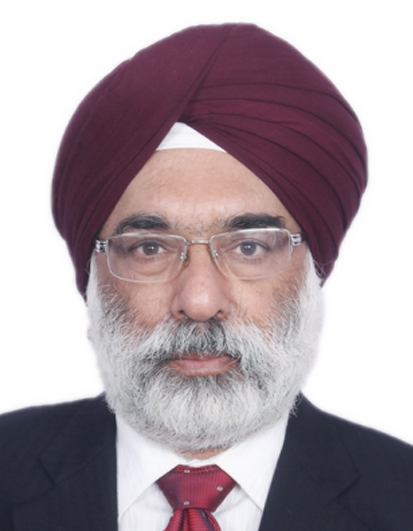
Ambassador Gurjit Singh was an Indian diplomat for 37 years. He has been the Ambassador of India to Germany, Indonesia, Timor-Leste & ASEAN and Ethiopia, Djibouti and the African Union besides having been in in Japan, Sri Lanka, Kenya, and Italy on assignment. He was the Sherpa for the first 2 India-Africa Summits and his book ‘The Injera and the Parantha’ on India and Ethiopia was well received. He has also written books on India’s relations with Japan, Indonesia, and Germany.
Disclaimer
The opinions expressed in this article are the author’s own and do not reflect the views of Chanakya Forum. All information provided in this article including timeliness, completeness, accuracy, suitability or validity of information referenced therein, is the sole responsibility of the author. www.chanakyaforum.com does not assume any responsibility for the same.
Chanakya Forum is now on . Click here to join our channel (@ChanakyaForum) and stay updated with the latest headlines and articles.
Important
We work round the clock to bring you the finest articles and updates from around the world. There is a team that works tirelessly to ensure that you have a seamless reading experience. But all this costs money. Please support us so that we keep doing what we do best. Happy Reading
Support Us





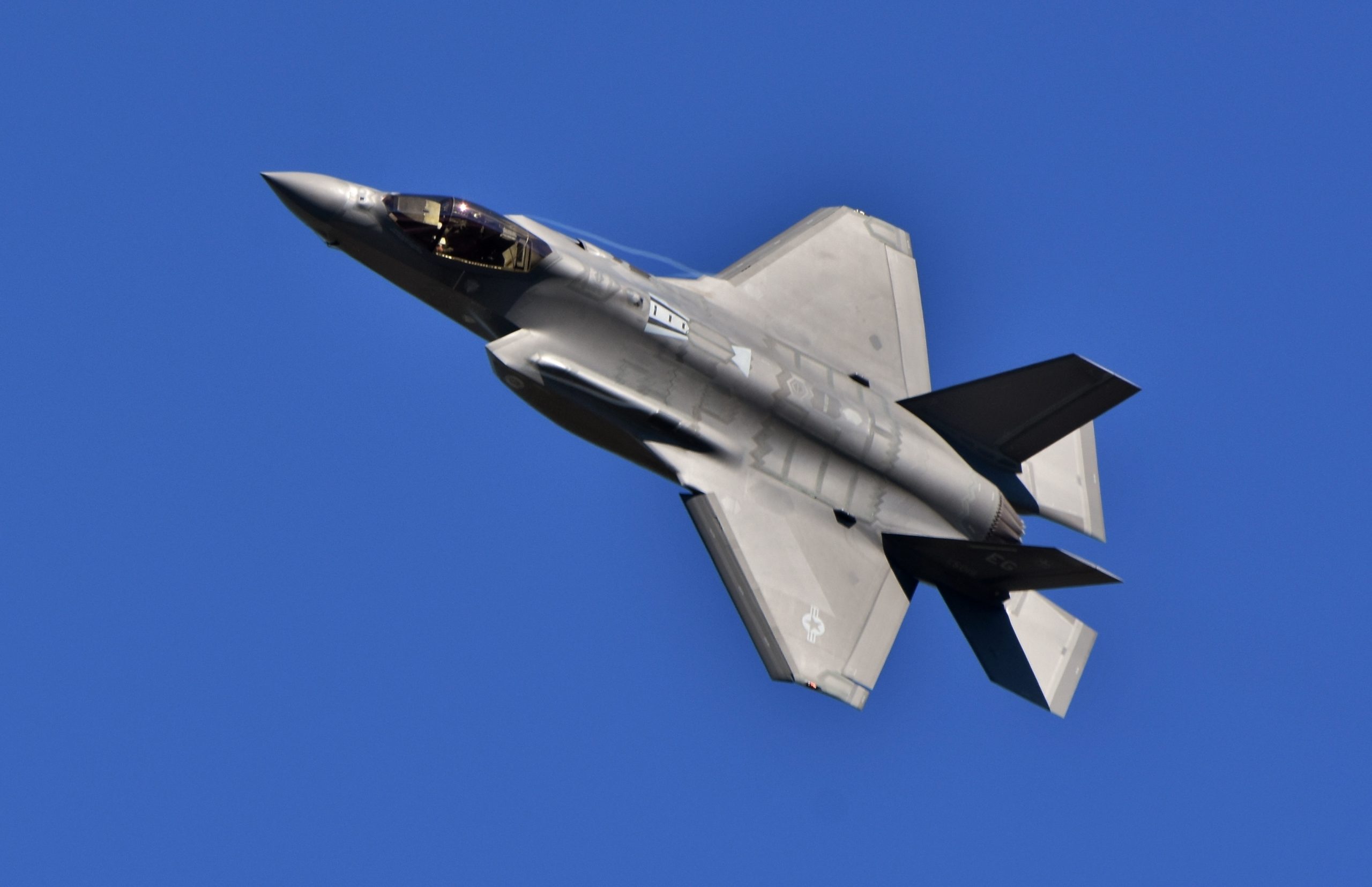
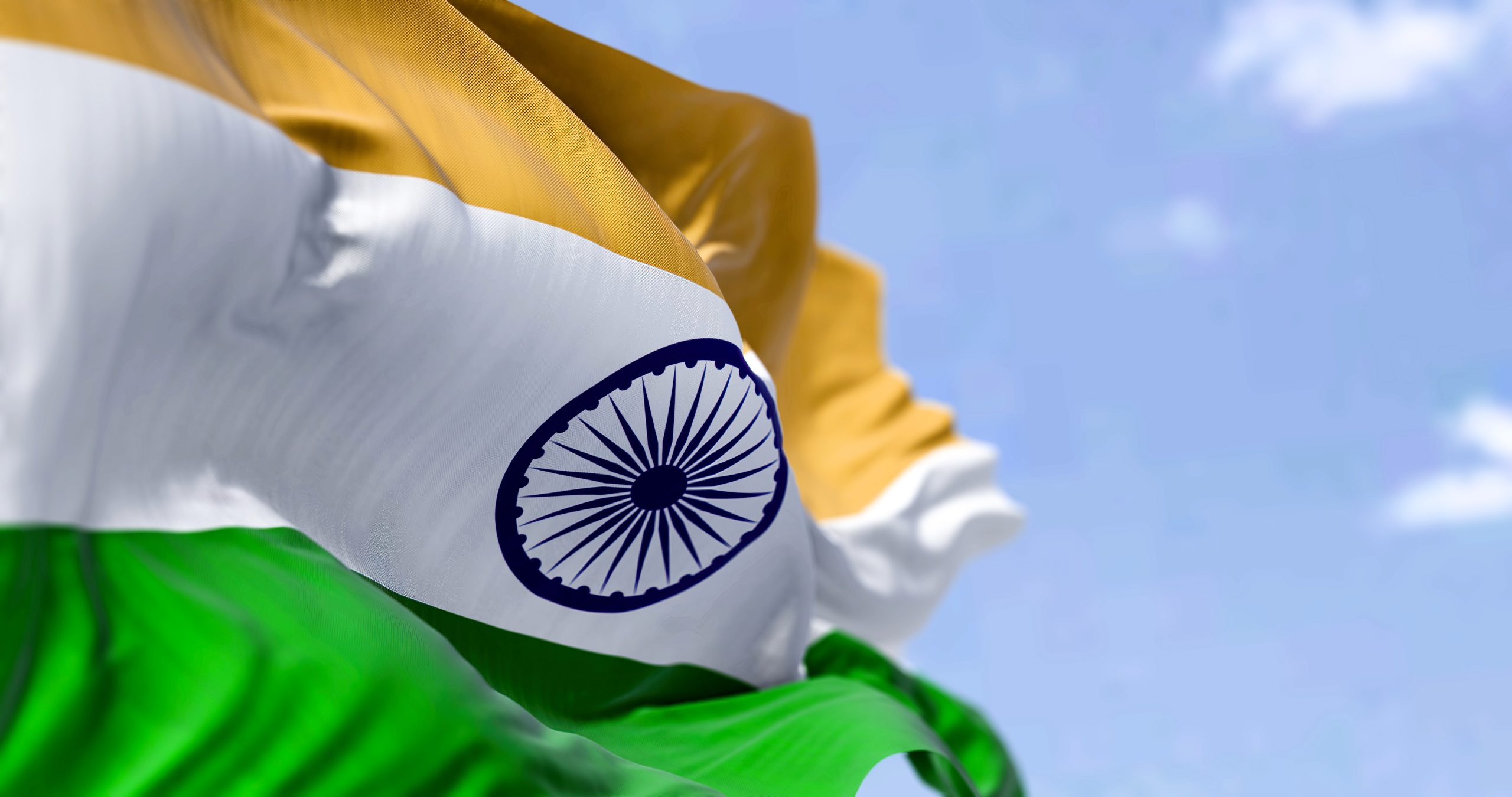
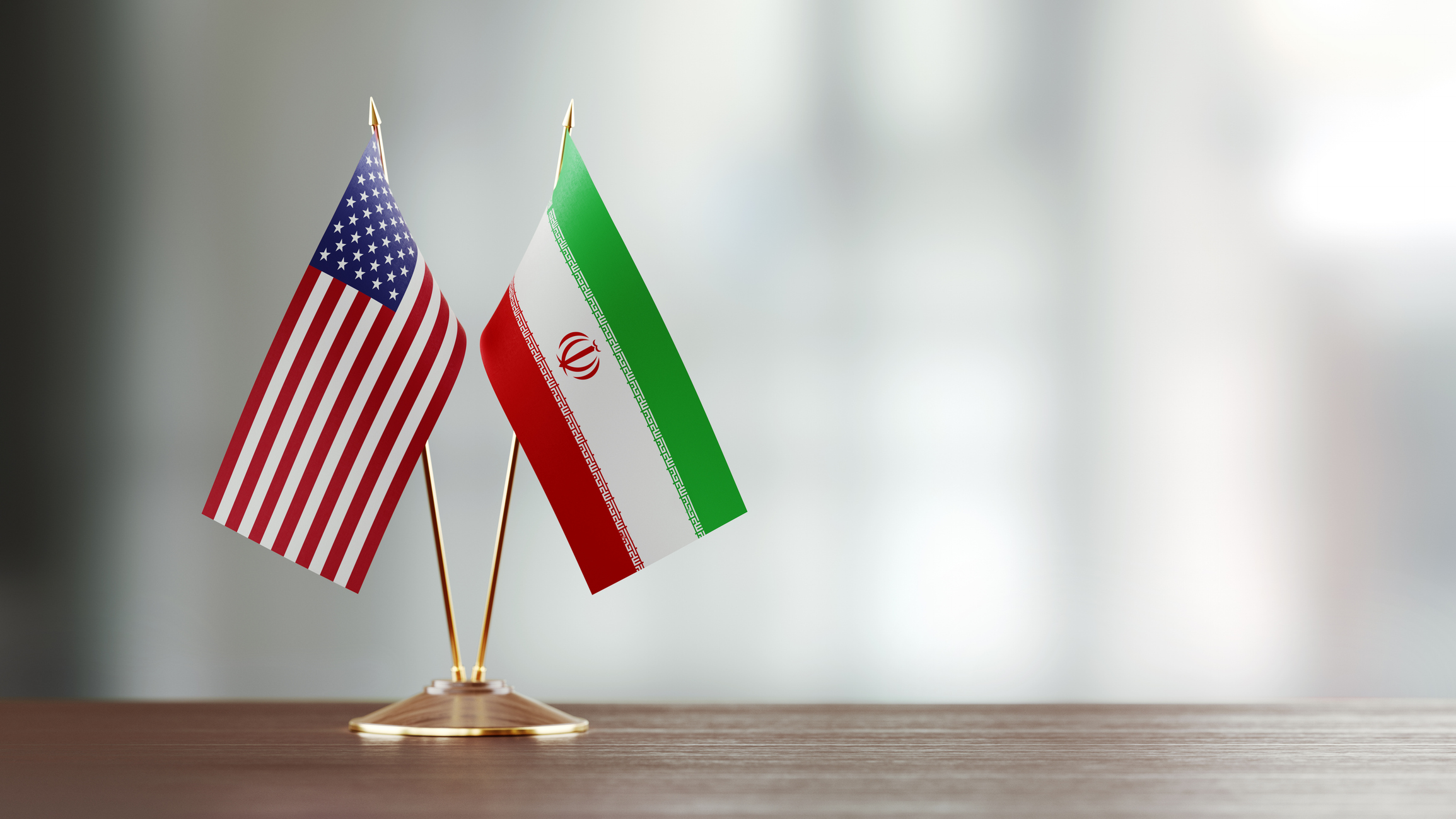

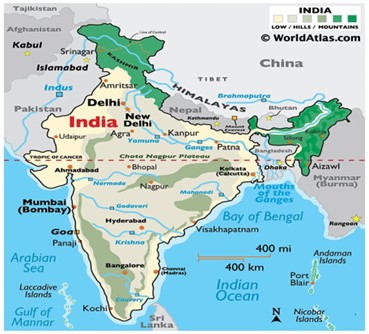










POST COMMENTS (0)